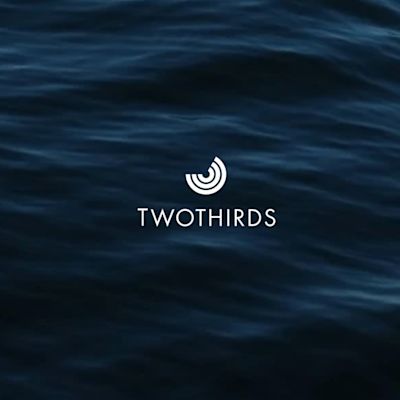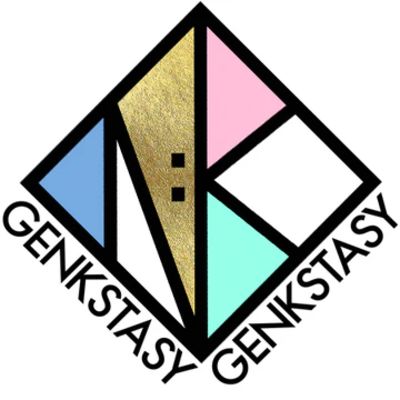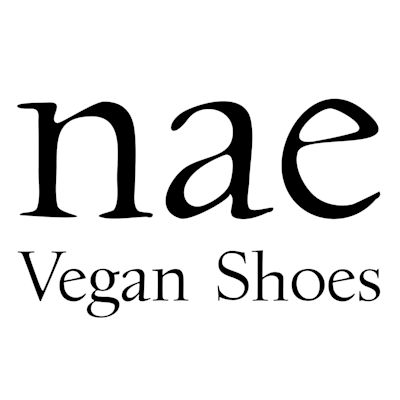What is mindful materialism?
Learn about who I am, what it means to be a mindful materialist, why it matters to me and should matter to you too.

We all crave the ‘new’ sometimes, it’s normal and nothing to be too concerned about. But when the craving becomes an obsession perceived as a need rather than a want, that’s when alarm bells start going off in my head.
Read moreLearn about who I am, what it means to be a mindful materialist, why it matters to me and should matter to you too.

Spanish brand producing casual clothing in Spain and Portugal using sustainable and natural materials

One-woman company, each knit is lovingly made by Lilly

Handmade, non-binary clothing designed for all

Portuguese handcrafted vegan shoes

Small-scale UK brand making 100% cotton coordinated prints, designed to keep you comfy on your period